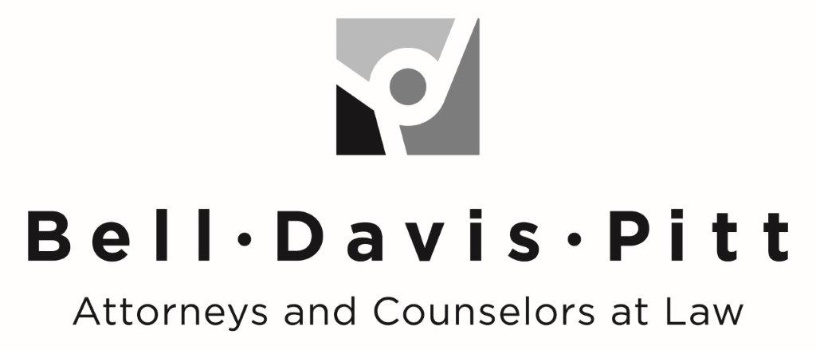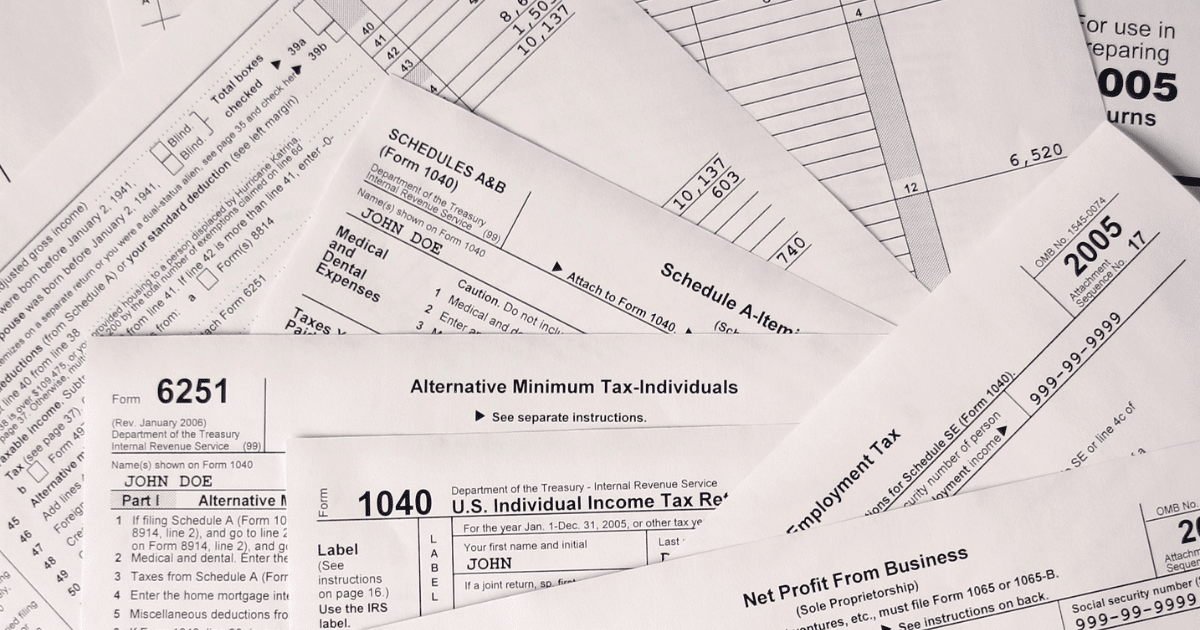1. What is a will?
A will is a document that controls the distribution of your property when you die. It will also name an executor and a guardian if you have children. Your will may or may not control how your property is divided when you die depending on the circumstances.
2. What is a trust?
A trust is an ownership arrangement that allows a third-party (trustee) to hold assets on behalf of a beneficiary. There are a variety of trust arrangements that can be designed to fit a variety of circumstances. While trusts are excellent estate planning tools, they are not always appropriate or necessary.
3. Why is an estate plan important?
An estate plan can help preserve the value of your assets and reduce unnecessary taxes and expenses after you die. It will also ensure that your heirs receive precisely what you intend for them to receive. If you become incapacitated during your lifetime, the agents appointed under your durable and healthcare powers of attorney will step in and tend to you and your affairs without interruption.
4. What makes up my estate?
Your estate consists of all the assets that you owned at the time of your death. These assets may include bank accounts; investment and retirement accounts; life insurance; real estate; business interests; and tangible property such as vehicles and household furnishings.
5. When should I update my estate plan?
Generally, you should update your estate plan at least every 5 years and after significant life events. Marriage, divorce, death, and birth of children are all events that likely call for an estate planning update. Major changes in financial status, retirement, or a poor health diagnosis could also be reasons for an update.






0 Comments